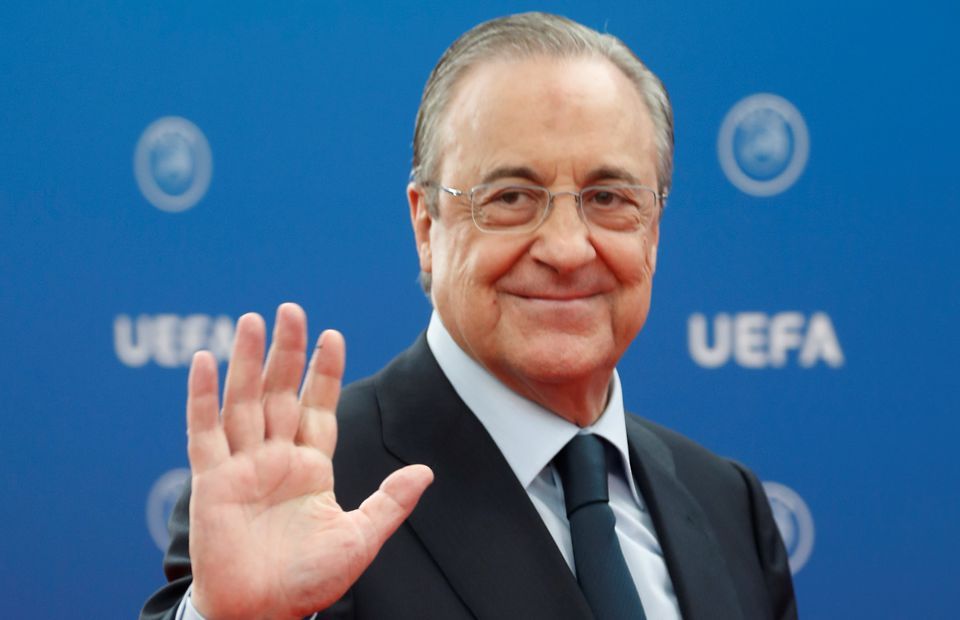“Greed,” according to UEFA president Aleksander Ceferin, is what has motivated 12 of Europe’s biggest football clubs to threaten a breakaway league. Given all that has been revealed about The Super League since it was officially announced on Sunday, he is seemingly right. The rich are only interested in getting even richer.
This, however, doesn’t mean UEFA, the Premier League and the rest of European football should dismiss the controversial proposal without first examining some of the circumstances that led to it. The sport is facing some existential problems, some of which are addressed by The Super League, even if only inadvertently.
Football has a generation problem. A recent study showed only 53% of Gen Zers (people aged 24 or younger) identity as sport fans compared to 63% of all adults and 69% of millennials. On top of this, Gen Zers are half as likely as millennials to watch live sports regularly and twice as likely to never watch.
Real Madrid president, and chairman of The Super League, Florentino Perez recognised this in an interview given on Monday night after confirmation of the breakaway. “Young people are no longer interested in football,” he said. “Why not? Because there are a lot of poor quality games and they are not interested, they have other platforms on which to distract themselves.”
Perez also went on to suggest football matches should be shortened to attract younger fans, undermining the crux of his otherwise valid point. Football mustn’t be afraid of change. It must continue to modernise as it faces increased competition from other forms of entertainment that, at this point, are more nimble and open to new ideas.
The Football Terrace explains the ESL
The Super League proposal explicitly acknowledges the way many fans now follow players as individuals over teams. This trend, which was accelerated by the era-defining rivalry between Lionel Messi and Cristiano Ronaldo which saw supporters side with one over the other regardless of the badge on their chest, is a threat to clubs who until now have relied on the blind loyalty of their support.
Just because leagues like the Premier League have been so successful for the last 30 years doesn’t mean they will continue to be so forever. Perez also pointed out the depression in the value of TV rights as audiences have dipped in recent years. Consumption habits are shifting and football must do something to reflect this otherwise the sport will be left behind.
The Premier League has dipped its toe in the world of streaming through its deal with Amazon over the last two seasons, but this only counts for so much when live sport itself doesn’t seem to have the pull it had just a few years ago. To combat the threat of The Super League, clubs and leagues must do more to tell their own stories in compelling ways.
Read More: European Super League: Everything you need to know
Look at how Formula 1 has drawn new fans to the sport through its ‘Drive To Survive’ series on Netflix. This sort of story-telling hasn’t replaced racing. Rather it has complimented it, adding more layers to what is broadcast on a race weekend. Fans now know more about the people in the helmets and this level of engagement is extremely powerful.
Some clubs, like Manchester City and Tottenham Hotspur who have both been the subject of Amazon documentary series, have sought their own path, but there needs to be more of a unified approach. If The Super League prompts UEFA, the Premier League and the rest to do something about this, it could be a turning point for the sport, but not in the way the 12 breakaway clubs envisage.





















